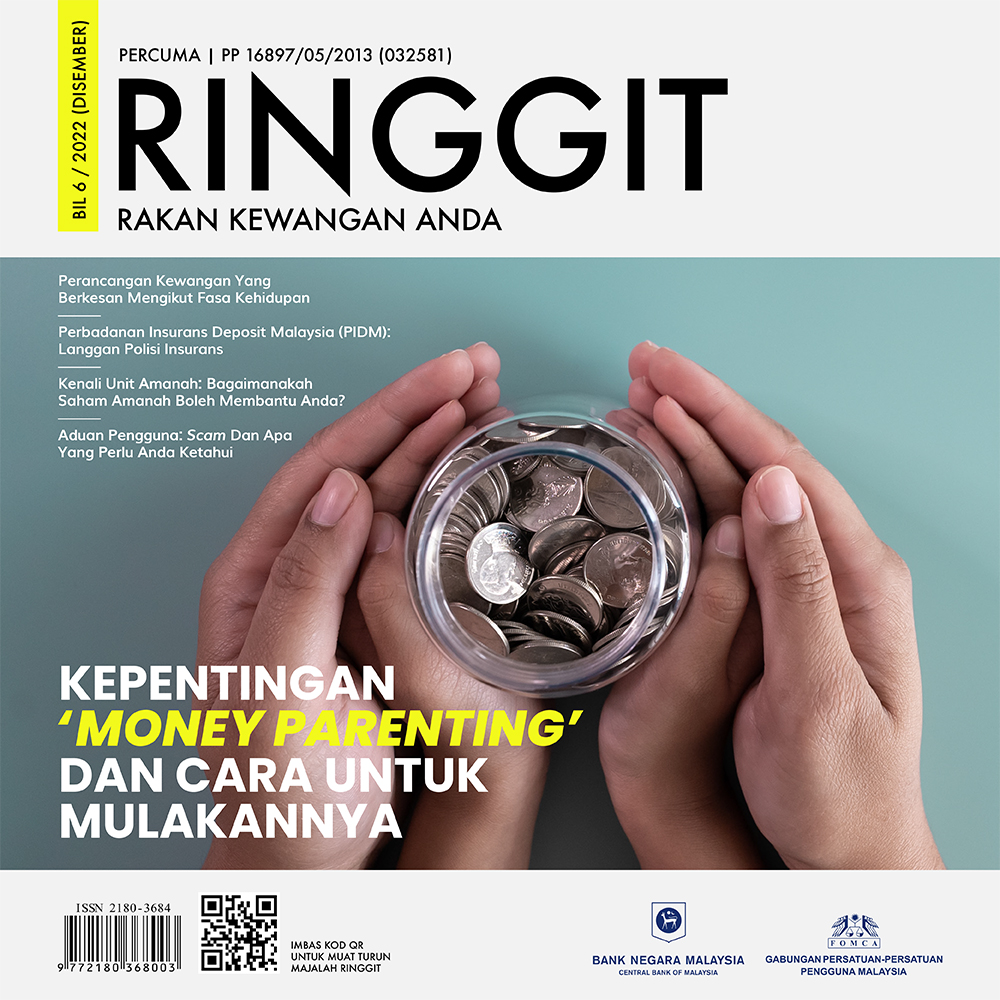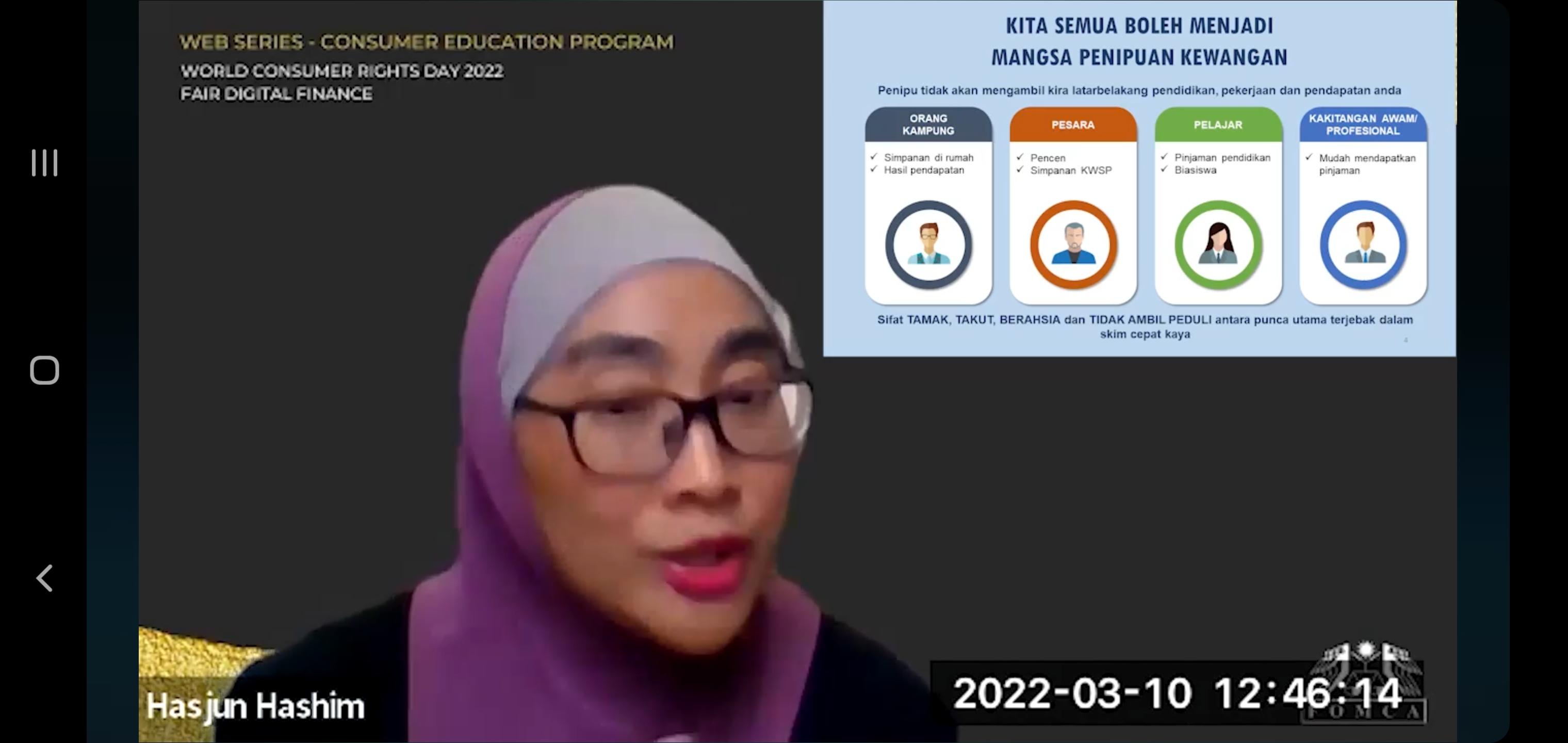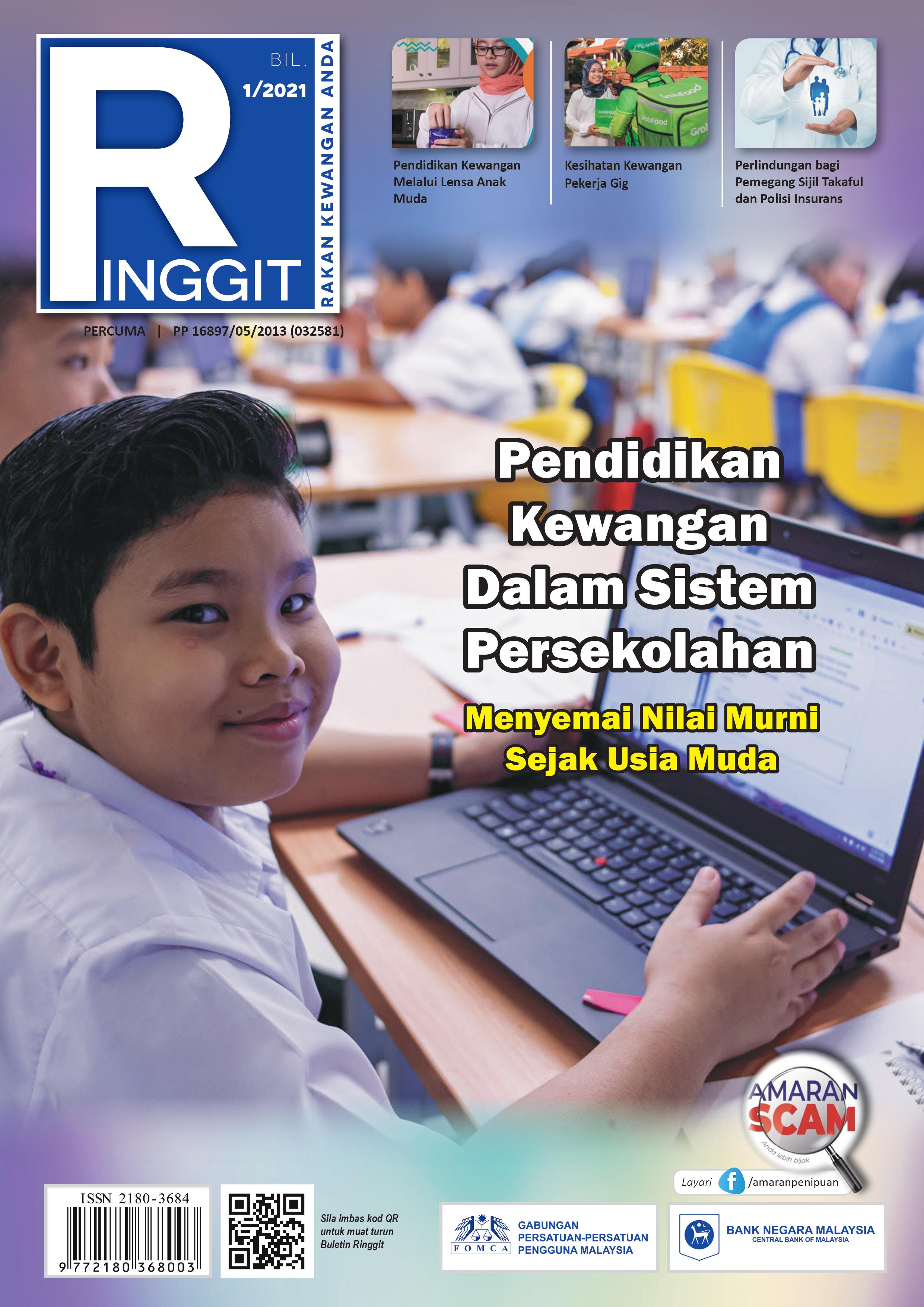EACH year, World Water Day is celebrated today (March 22) with special attention on water and to inspire people to manage it sustainably and effectively. The date was officially assigned by the United Nations General Assembly in 1993 and now it is celebrated worldwide in various ways — educational campaigns, musical shows, marathons or fundraising.Every year, UN-Water will select a theme and collaborate with other UN organisations which share an interest in the year’s focus. When 2030 Agenda for Sustainable Development was adopted by the UN, all the countries foresee a free world where all life can prosper and no one is left behind. Hence, this year’s World Water Day theme is Leaving No One Behind — it aims to tackle water crisis by addressing reasons why marginalised groups (women, children, indigenous people, refugees, disabled people) do not have access to safe and clean water. UN-Water also emphasises that water services must meet the needs of these marginalised groups and include their voices in the decision-making process.
Globally, about 166 million people from 18 countries are affected by water scarcity while about 270 million people from 11 countries are living under water stress issues. On the other hand, some 900 million people lack improved water supply access worldwide, and two thirds are from Asia.
Similarly, 60 per cent of households in Asia live without piped and safe water supply. In Malaysia, the World Health Organisation/ UNICEF Joint Monitoring Program for Water Supply and Sanitation report (2015) has reported that 98 per cent of Malaysian population has access to improved water source with piped water supply. However, rapid urbanisation and population growth have led to high water demand and water pollution. Since 98 per cent of water originates from the rivers, river water pollution is a vital aspect to be managed especially its impacts on aquatic environment and human health. In recent years, new pollutants (emerging pollutants) have been detected in Malaysian rivers indicating the impacts of rapid urbanisation and industrialisation. Along with this, climate change impacts in water resources can be observed through the rise in sea level and frequent occurrence of extreme weather events such as droughts, floods and rainfall variability — they all have resulted in changes of water quantity.
Furthermore, an average water consumption per day in Malaysia was 210 litres in 2013 and has increased to 212 litres in 2014 which has exceeded the recommended water usage level by United Nation (Malaysia Water Industry Guide, 2014). Malaysian Water Industry Guide (2014) has also stressed that Malaysia has the highest water usage compared to neighbouring countries such as Thailand (90 litres/day) and Singapore (154 litres/day).
The way forward
Various initiatives have been taken by the Department of Environment to control the water pollution impacts and decrease pollutants in the water supply. With emerging pollutants detected in river water, it is high time a revised water quality standard is done.
Mitigation and adaptation towards climate change, particularly for water resources in Malaysia need to be addressed via policies, plans and awareness programmes involving the public. More awareness programmes on water conservation and a bottom-up approach will be beneficial to reduce water usage at the grassroots level in a sustainable manner. Educating the young is another bottom-up approach in life long learning on water conservation.
World Water Day is a reminder to all Malaysians to take care of the country’s freshwater resources for our future generations. Water management leaders must be made aware of the complex governance, current and future challenges in ensuring that there is a safe and clean water supply for all of us.
To all Malaysians, Happy World Water Day.








